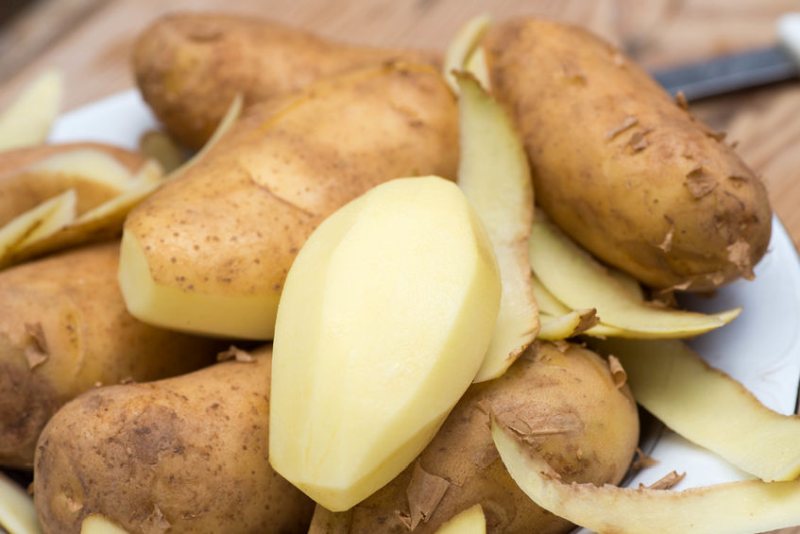
Crisps firm Walkers will reduce its carbon footprint by turning its potato waste into fertiliser for use on its suppliers' farms.
Potato peelings leftover from making Walkers crisps in its Leicester factory will be transformed into low-carbon fertiliser.
This will then be returned to farms where potatoes for the crisps are grown across the UK.
PepsiCo, which owns Walkers, is teaming up with start-up CCm Technologies to spearhead the innovative carbon-capture technology.
Following a trial of the fertiliser, which was applied to potato seed beds this year, the specialist equipment will be installed in 2021 to begin wider production.
Once supplied at scale, the fertiliser is expected to reduce Walkers' potato-based carbon emissions by 70 percent.
The technology is designed to connect to an anaerobic digestor, which uses food waste to generate nearly 75% of the electricity used at the Leicester plant, and helps ensure zero-waste to landfill.
The newly installed equipment will use the by-product waste from the anaerobic digestion process to create the fertiliser.
David Wilkinson, PepsiCo’s senior director of European agriculture said: “From circular potatoes to circular crops, this innovation with CCm could provide learnings for the whole of the food system, enabling agriculture to play its part in combating climate change.
"This is just the beginning of an ambitious journey, we’re incredibly excited to trial the fertiliser on a bigger scale and discover its full potential.
"This initiative is a step in the right direction, and we will continue working hard to lower the carbon impact of our products from field, through manufacturing sites, to consumption.”
The initiative forms part of PepsiCo's broader agriculture programme, which has previously helped UK growers achieve a 50% cut in their water use and carbon emissions.
